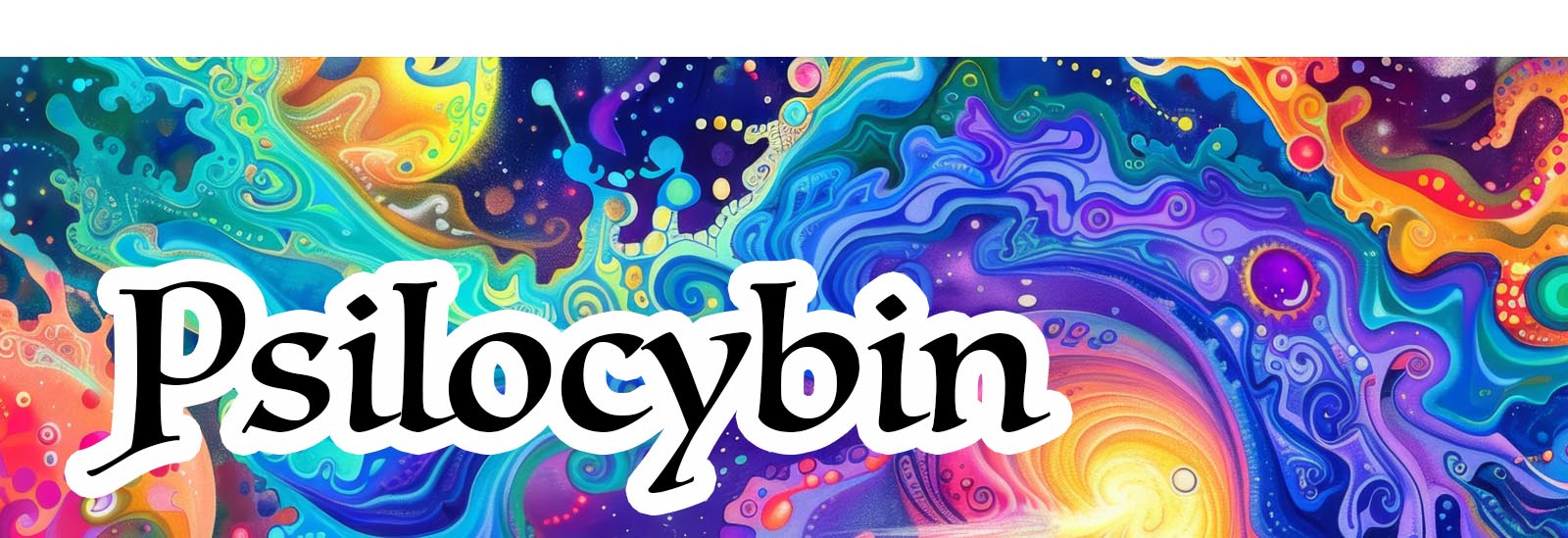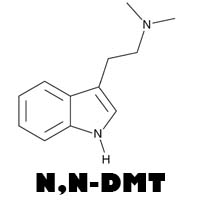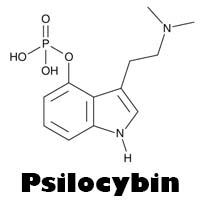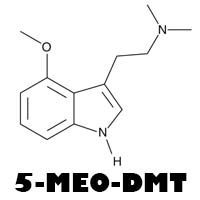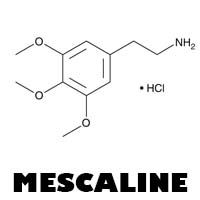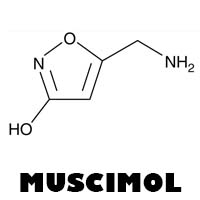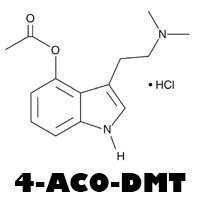History of Psilocybin
Psilocybin is a naturally occurring psychedelic compound found in certain species of mushrooms, commonly referred to as "magic mushrooms" or "shrooms." The use of these mushrooms dates back thousands of years, with evidence of their consumption in ancient indigenous cultures for religious and spiritual purposes.
In modern times, psilocybin was first isolated and identified by Swiss chemist Albert Hofmann in 1958. Hofmann, who also famously discovered LSD, was working at Sandoz Laboratories when he succeeded in extracting and synthesizing psilocybin and psilocin (the active metabolite of psilocybin) from Psilocybe mexicana mushrooms.
Throughout the 1960s, psilocybin gained attention for its powerful psychoactive effects and potential therapeutic applications. It was studied for its use in psychotherapy, particularly for treating conditions such as depression, anxiety, and addiction. However, similar to LSD, psilocybin became associated with the counterculture movement of the 1960s, leading to its criminalization in many countries by the early 1970s.
Despite its illegal status, research into the therapeutic potential of psilocybin has experienced a resurgence in recent years. Studies conducted at institutions such as Johns Hopkins University and Imperial College London have shown promising results for its use in treating mental health disorders, leading to a renewed interest in its medical and psychological benefits.
Molecular Makeup of Psilocybin
Psilocybin is a naturally occurring indoleamine compound, structurally similar to serotonin. Its chemical formula is C12H17N2O4P, and its molecular structure can be described as follows:
- Chemical Name: 4-phosphoryloxy-N,N-dimethyltryptamine
- Molecular Weight: 284.25 g/mol
- Structure:
- Psilocybin contains a tryptamine core, which is also found in serotonin.
- The molecule has a phosphate group attached to the 4-position of the indole ring.
Effects of Psilocybin
Psilocybin is known for its profound psychedelic effects, which can vary widely based on dose, environment, and individual physiology. Common effects include:
- Visual and Auditory Hallucinations: Enhanced colors, patterns, and shapes, as well as auditory distortions.
- Altered Perception of Time and Space: Time may appear to slow down or speed up, and spatial awareness may become distorted.
- Enhanced Sensory Perception: Increased sensitivity to light, sound, and touch.
- Emotional Intensity: Heightened emotions, which can range from euphoria to anxiety.
- Spiritual Experiences: Feelings of interconnectedness, transcendence, and profound insights.
- Cognitive Effects: Changes in thought patterns, including creativity, abstract thinking, and altered sense of self.
Typical Dosage
Psilocybin is typically consumed by ingesting dried or fresh mushrooms. Dosages are measured in grams of dried mushrooms:
- Threshold Dose: 0.1-0.5 grams (light effects, subtle changes in perception)
- Low Dose: 0.5-1.0 grams (mild to moderate psychedelic effects)
- Common Dose: 1.0-2.5 grams (full psychedelic effects, intense hallucinations)
- High Dose: 2.5-5.0 grams (strong and potentially overwhelming effects)
- Very High Dose: 5.0+ grams (extremely intense and often difficult to manage)
The onset of effects typically begins within 20-60 minutes after ingestion, peaking at around 2-3 hours, and can last 4-6 hours or longer, depending on the dose and individual metabolism.
Safety and Considerations
Due to its powerful effects, psilocybin should be used with caution. It is important to:
- Set and Setting: Ensure a safe, comfortable environment and a positive mental state.
- Dose Awareness: Start with a lower dose to gauge individual sensitivity.
- Presence of a Sober Guide: Having a trusted person who is not under the influence can help manage potential negative reactions.
- Legal Status: Be aware of the legal status of psilocybin in your country or region.
Research on psilocybin is ongoing, with studies exploring its potential therapeutic benefits, particularly in the treatment of mental health conditions such as PTSD, depression, and anxiety. However, due to its potent psychoactive nature, it remains a controlled substance in many areas.
